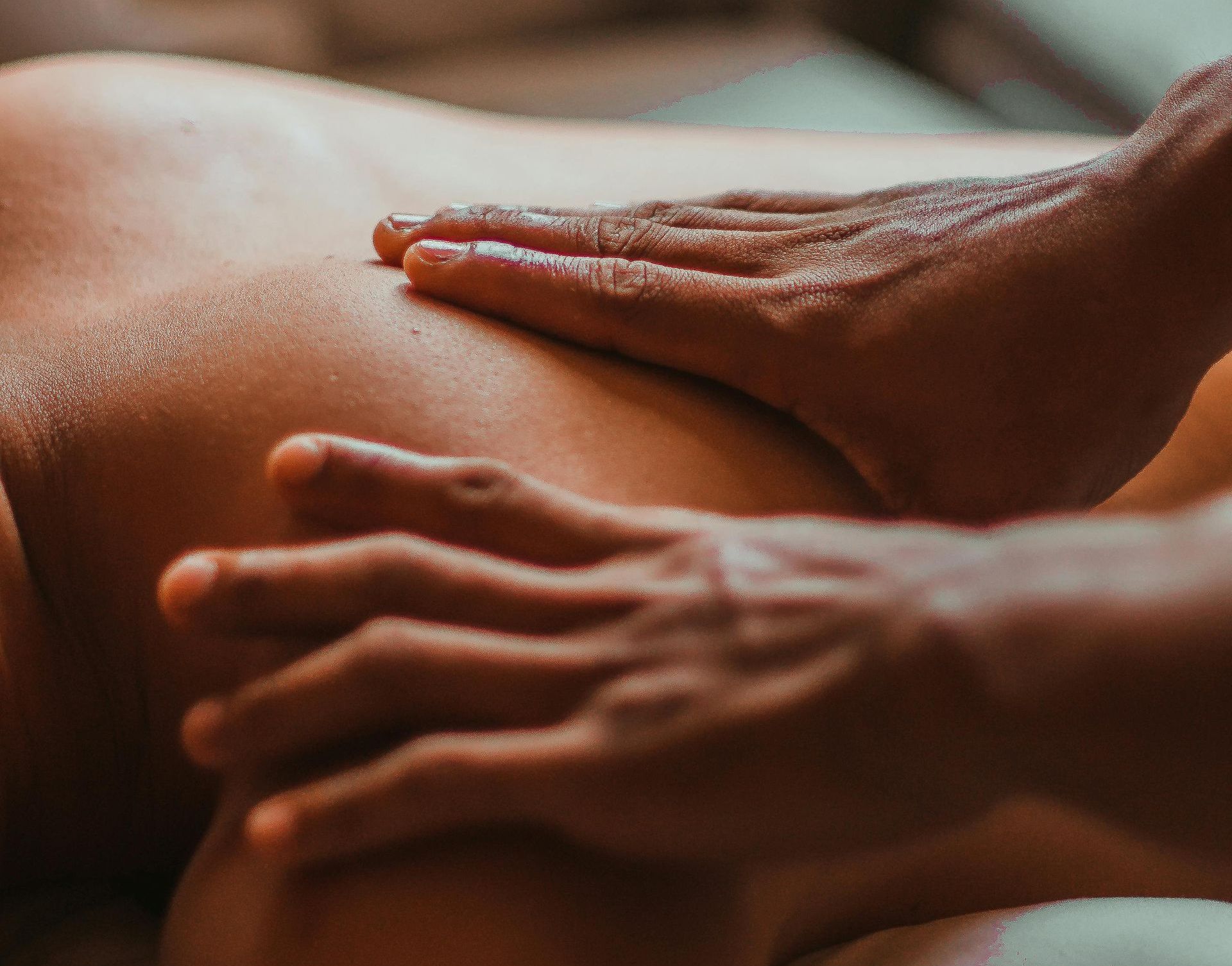Massage & Sleep: How Therapeutic Touch Can Improve Your Rest
If you’ve ever left a massage feeling like you could melt into your bed and sleep for days, you’re not alone. As someone who personally experiences insomnia, I know that massage can be a powerful tool for improving sleep quality and supporting deep rest.
In a world where stress, screens, and overstimulation are constant, massage helps your nervous system slow down, your muscles let go, and your body relax into a state of true restfulness.
Let’s explore why massage helps you sleep better, what happens in the body during a session, and how to make massage part of your healthy sleep routine.
Why Sleep is Important
Sleep is when your body heals, repairs, and rebalances. Without enough rest, everything suffers—your immune system, mental clarity, mood, digestion, and pain levels. You might notice that difference after a couple nights of poor sleep.
In today's world, quality sleep can be elusive. Whether it’s stress, chronic pain, anxiety, or a racing mind keeping you up, massage therapy may be the missing link in your bedtime routine.
How Massage Supports Sleep
Massage helps sleep through both physical and neurological mechanisms:
Activates the Parasympathetic Nervous System
Massage gently shifts your body out of “fight or flight” mode and into “rest and digest.” This calms the mind, slows the heart rate, and reduces stress hormones like cortisol. The more often you activate or "tone" your parasympathetic nervous system, the easier it is to access when you're trying to calm down and rest.
Boosts Feel-Good Hormones
Massage increases the production of:
- Serotonin, which regulates mood and helps produce melatonin (your sleep hormone)
- Dopamine, which promotes a sense of well-being
- Oxytocin, the “bonding” hormone that promotes calm and safety
Together, these help your body prepare for sleep naturally.
Relieves Pain and Muscle Tension
Whether it's tension in the shoulders, a tight lower back, or chronic headaches, pain can be a major sleep disruptor. Massage relaxes sore muscles, releases trigger points, and improves circulation—making it easier to fall (and stay) asleep.
Calms the Mind
The rhythmic, intentional touch of massage helps reduce mental chatter. Many people enter a meditative or dreamlike state on the table, giving the brain a much-needed pause.
Signs Massage Could Improve Your Sleep

You might benefit from incorporating massage into your wellness plan if:
- You struggle to fall asleep or wake up frequently
- You feel “wired but tired” at night
- You wake up stiff, achy, or unrested
- You carry tension in your neck, shoulders, or jaw
- You rely on screens or stimulants to wind down
Tips for Making Massage Part of Your Sleep Routine
- Schedule sessions later in the day when possible, to ease into your evening with a relaxed body and calm mind.
- Pair your massage with gentle stretching, warm baths, or herbal tea to support a holistic wind-down routine.
- Communicate with your therapist about your goals for sleep—slower-paced, relaxing modalities like Swedish massage or myofascial release may be especially helpful.
- Stay consistent: even monthly massage sessions can help regulate your nervous system and improve long-term sleep patterns.
The Bottom Line: Rest Is Not a Luxury
Massage isn’t just about muscles—it’s about nervous system health, emotional release, and creating the conditions for deep healing. If your sleep is suffering, massage might help you reclaim the rest your body and mind are craving.
Ready to experience the difference? Book a relaxing massage and give yourself permission to rest, reset, and renew. Your body will thank you—morning and night.
On the Blog



